Make uncertainty a friend
Born in Copenhagen to two idealistic hippies, Lea is the oldest of three. She grew up in a co-housing environment where the whole community would prepare and share meals – and have a big common dinner every night.
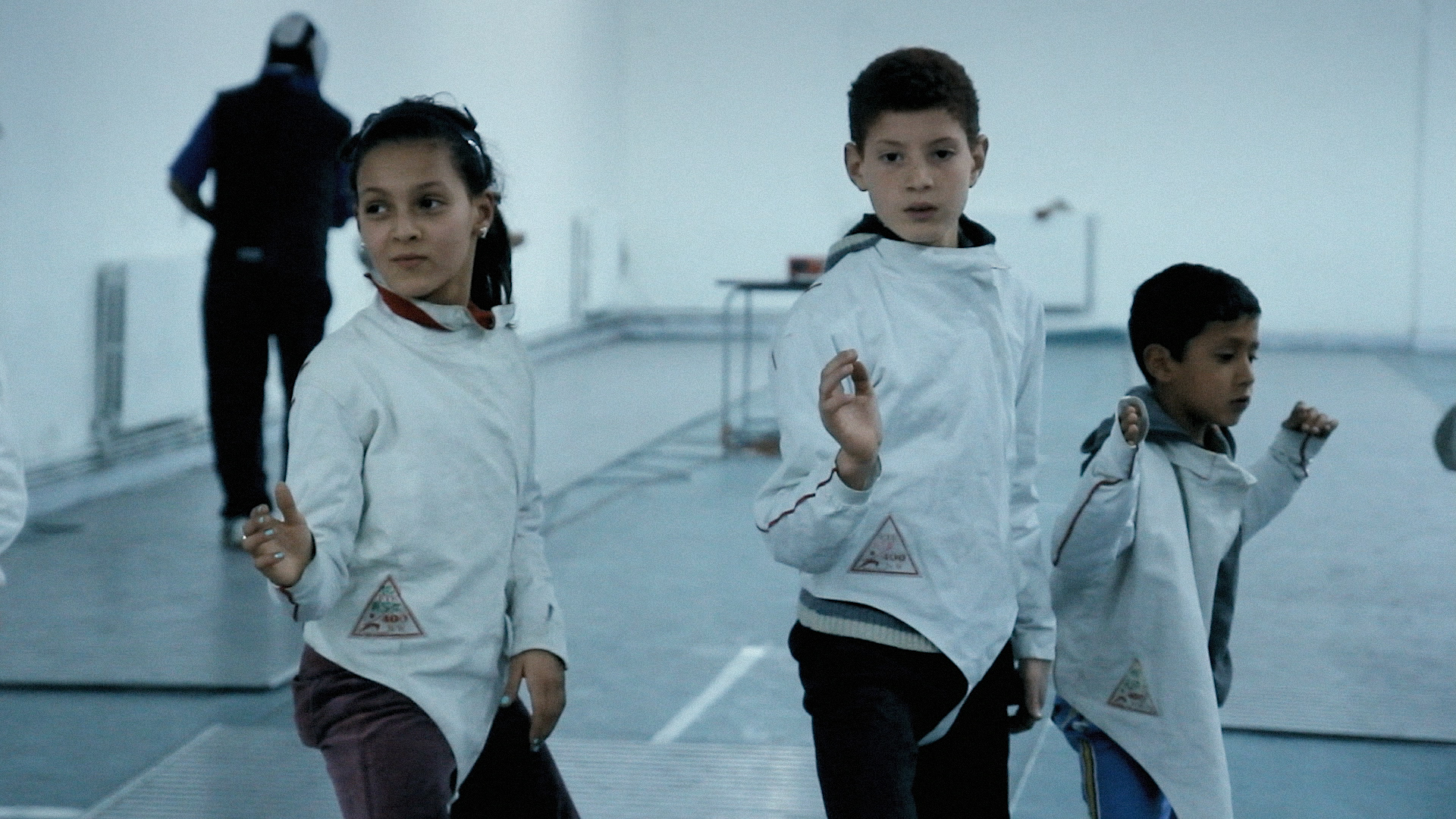
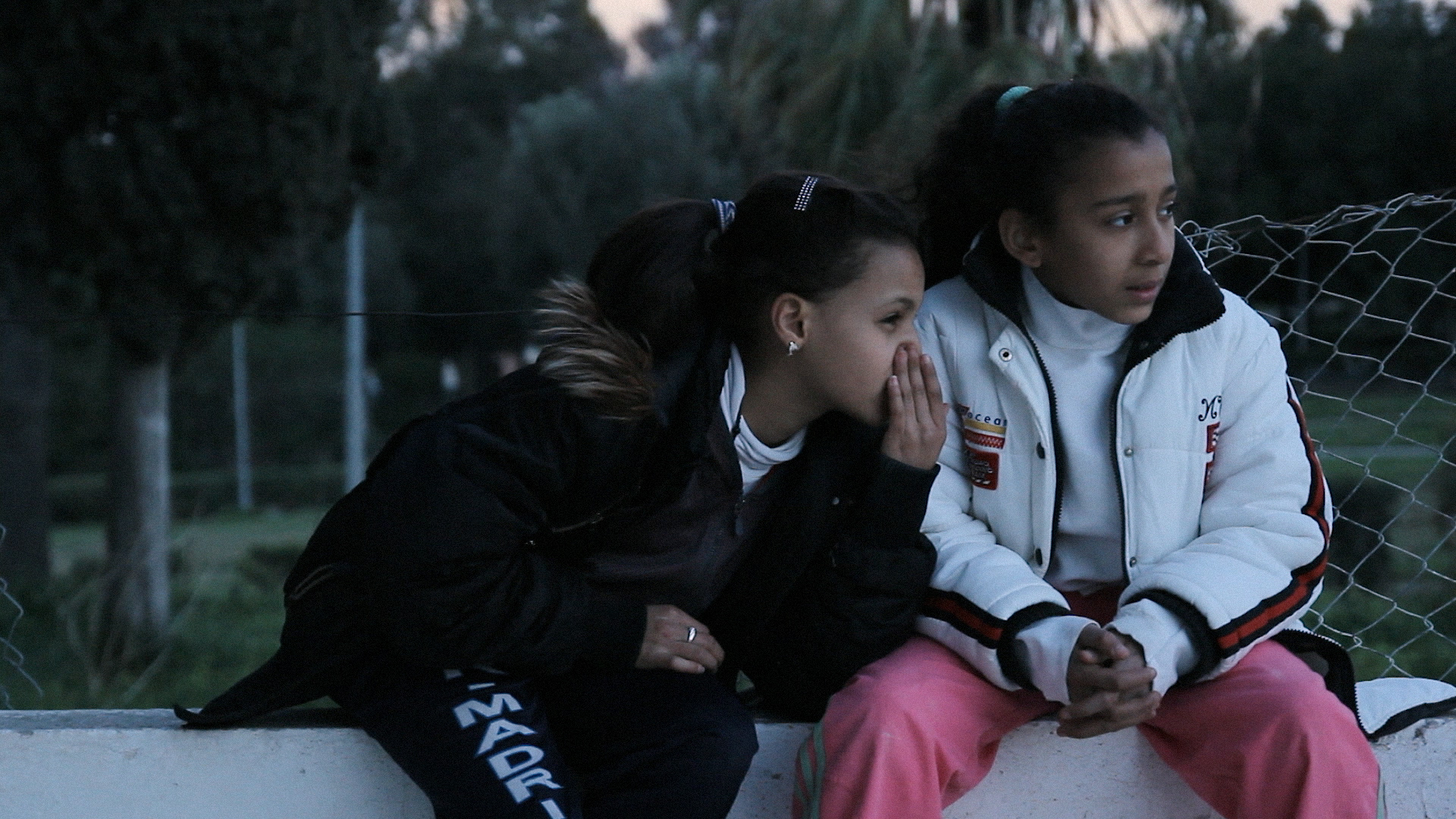
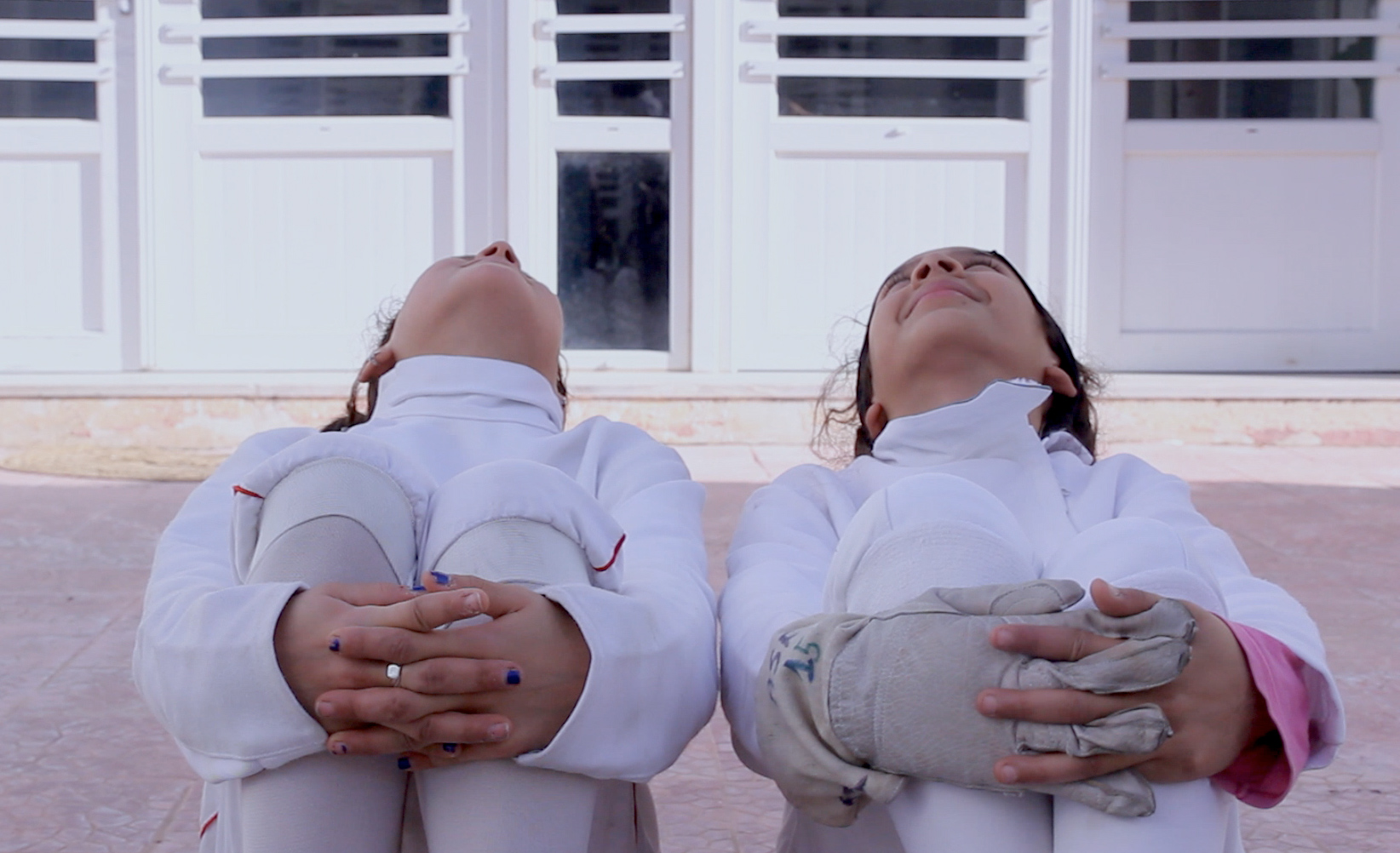
"My father is a painter and when I wasn't out bruising my knees I spent my childhood meticulously painting the same tower over and over again. I remember checking in with it every morning from our kitchen window. This was my favorite tower in Copenhagen. I loved how it spiraled it's way into the sky with it's external staircase. This combination of patience, obsession and moulding the same material over and over again is something I've kept with me."
Aged eight her family relocated to Berkeley, California - a time spending afternoons getting lost in the bamboo forest in her family garden, swirling around public pools, merry-go-rounds and gazing at the thousands of lights from her window overlooking the Bay Area. This early adventure kickstarted what would become a steady tradition of cross-atlantic traveling between Denmark to what she considers her second home, the U.S.
The year before entering high school, she made use of her creative skills in more than one way and created her own job. Her first role was establishing her own dance company at age fifteen, where she would give dance lessons to more than 60 children each week.
"I spent my childhood dancing and listening to music. As much as I like to express myself through images, I'm deeply inspired by music and sounds. I treasure my close collaborations with composers and sound designers and often bring them in at an early stage, even before shooting. There's nothing like sound that can feed the imagination."
"I spent my childhood dancing and listening to music. As much as I like to express myself through images, I'm deeply inspired by music and sounds."
It was while doing fieldwork as part of her studies in Anthropology and Journalism, Lea found herself wandering off the academic path and instead choosing film as the mean to portray the lives she encountered.
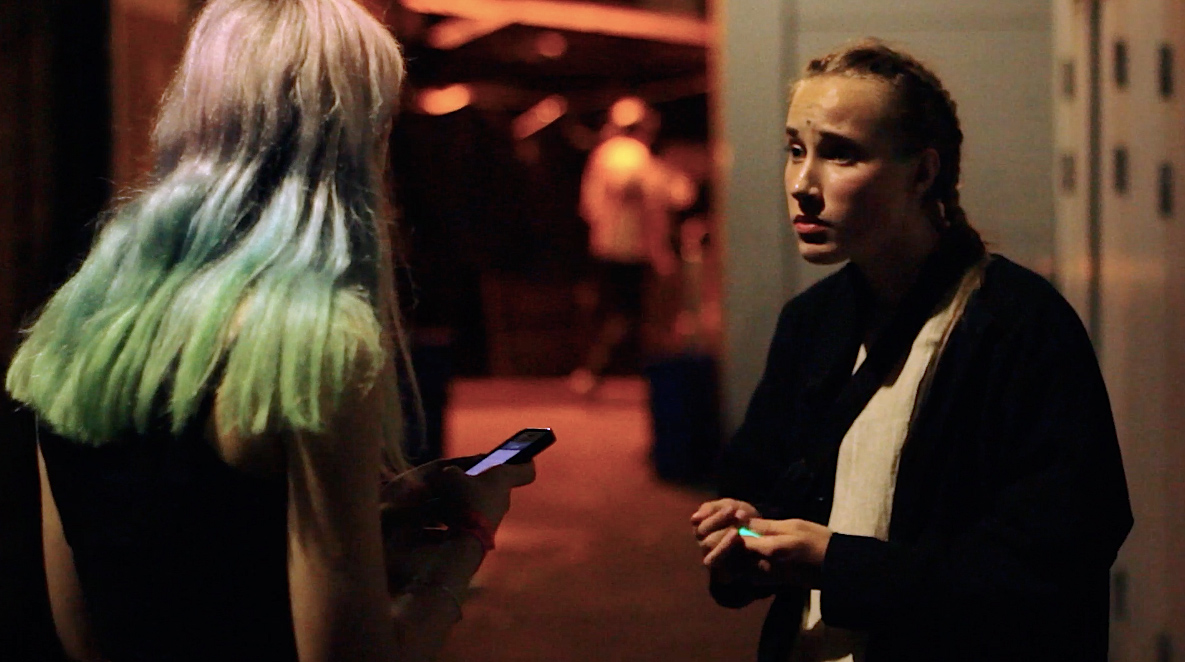
She decided to make the move across the Atlantic to start film school in New York. First a Summer at Tisch School of the Arts, then a year at The New School as a Fulbright Student, where her graduation film The Renovation was conceived. When talking about her first film she says:
"How I went about making my first film? I basically stood outside Jim's house in Brooklyn every day for three weeks and waited for him to come out while pretending to be detective Sydnor from The Wire, leaving a tower of small handwritten notes in his mailbox. Finally after three weeks, he re-surfaced and he explained he'd been away in Maine hunting for that particular month of the year. I was grateful he said yes to making the film, despite him being a hermit for the past two decades before I knocked on his door."
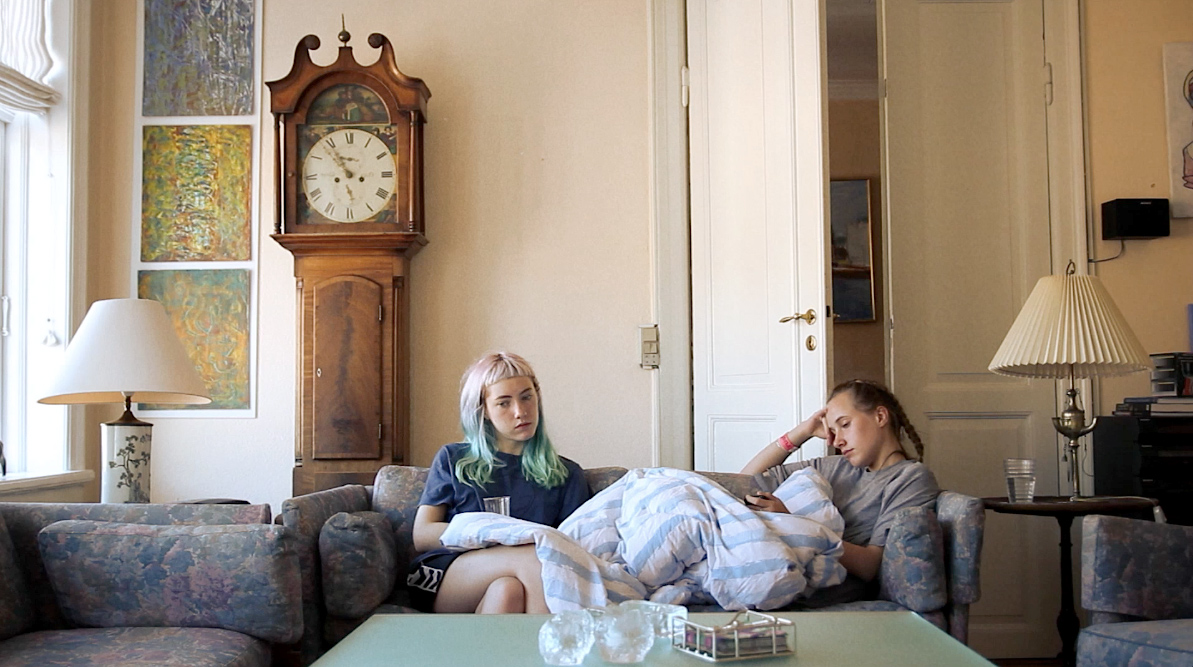
Lea was announced 'Emerging Filmmaker' at the esteemed Gen Art film festival in New York where the film premiered alongside Harvey Keitel and Marissa Tomei. The Renovation was awarded Best Documentary in Oregon and broadcast nationally in the U.K. Lea still keeps in touch with Jim, who's blossomed since the film came out and now engages much more with the local community.
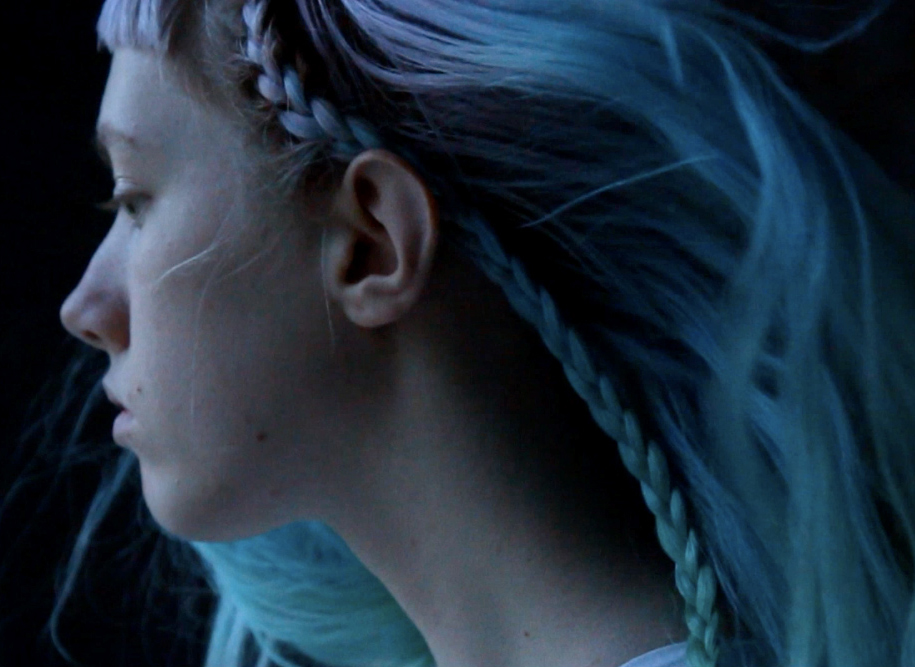
Following her graduation Lea went on to intern with Loki Films in a small office on the Lower East Side and to work all kinds of different jobs as a cinematographer – from DP with Al Gore in his office on One Bryant Park to dragging cables in the basement of the Rockefeller Center. She was about to enter the visa process to stay permanently in New York when she was admitted to the director program at the National Film School of Denmark. An elite art academy program that only admits six people every other year, it was a chance she had to grasp.
From its long line of internationally acclaimed graduates, the program is known to have bred 'The Danish school of Documentary', a style of documentary characterised by cinematic aesthetics and strong personal narratives. It's founder and mastermind, Arne Bro, is known as an innovator of 'Creative Documentary' who spearheads workshops for Sundance Institute and around the world.
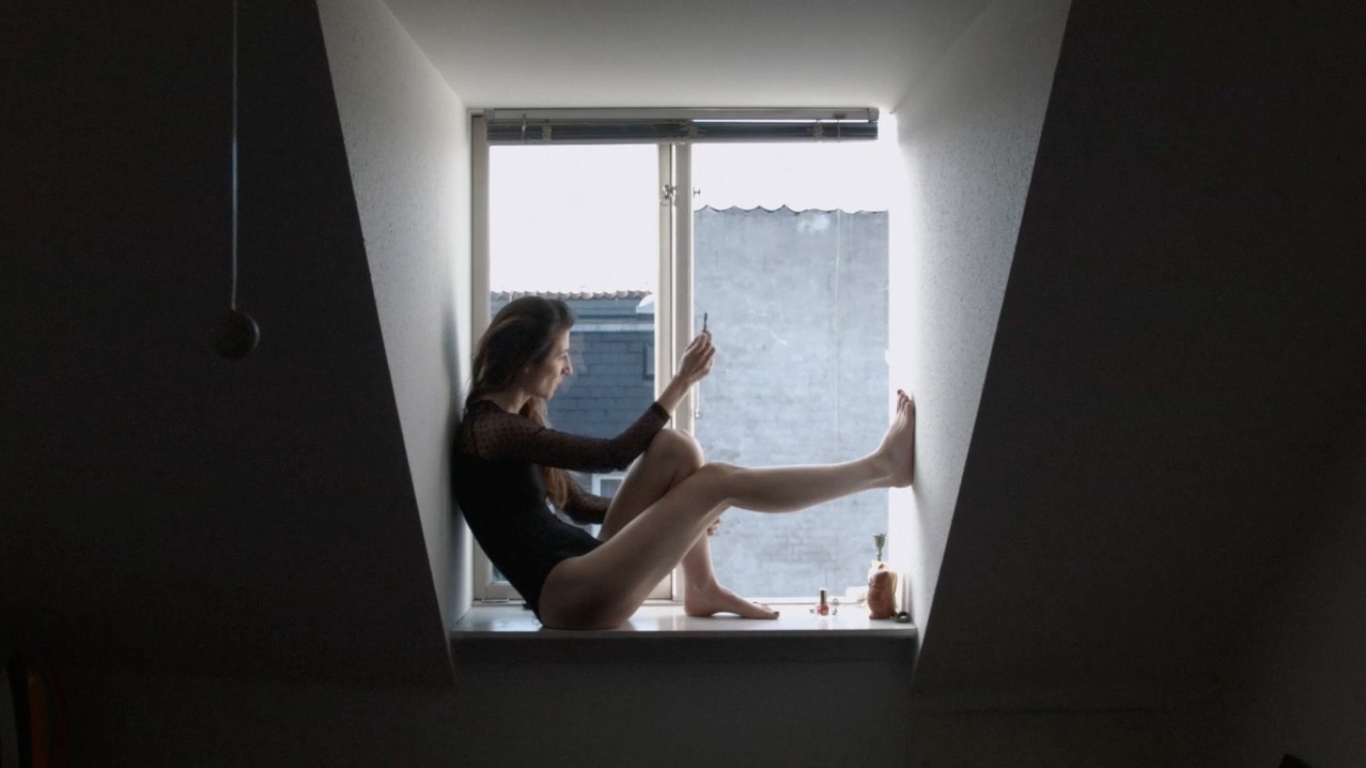
It was during her four years in this program she got to develop the signature film style that's so prevalent in her work today:
"For me, documentary goes beyond the present and the past. If documentary means portraying life as we know it, why limit ourselves to strictly portraying to outside world? Why not include the rich inner life, we are all equipped with in the shape of our memories, fantasies and our dreams?"
In 2012 Lea was awarded the Danida World Images Grant, allowing her and Swedish co-director Carl Olsson to make a short documentary in Kenya about two night guards protecting the white upper class in an embassy neighbourhood of Nairobi. Night Shift went on to premiere at FIDÉC / Brussels Short Film Festival and has since been selected to be part of the film collection at Aeon Film.
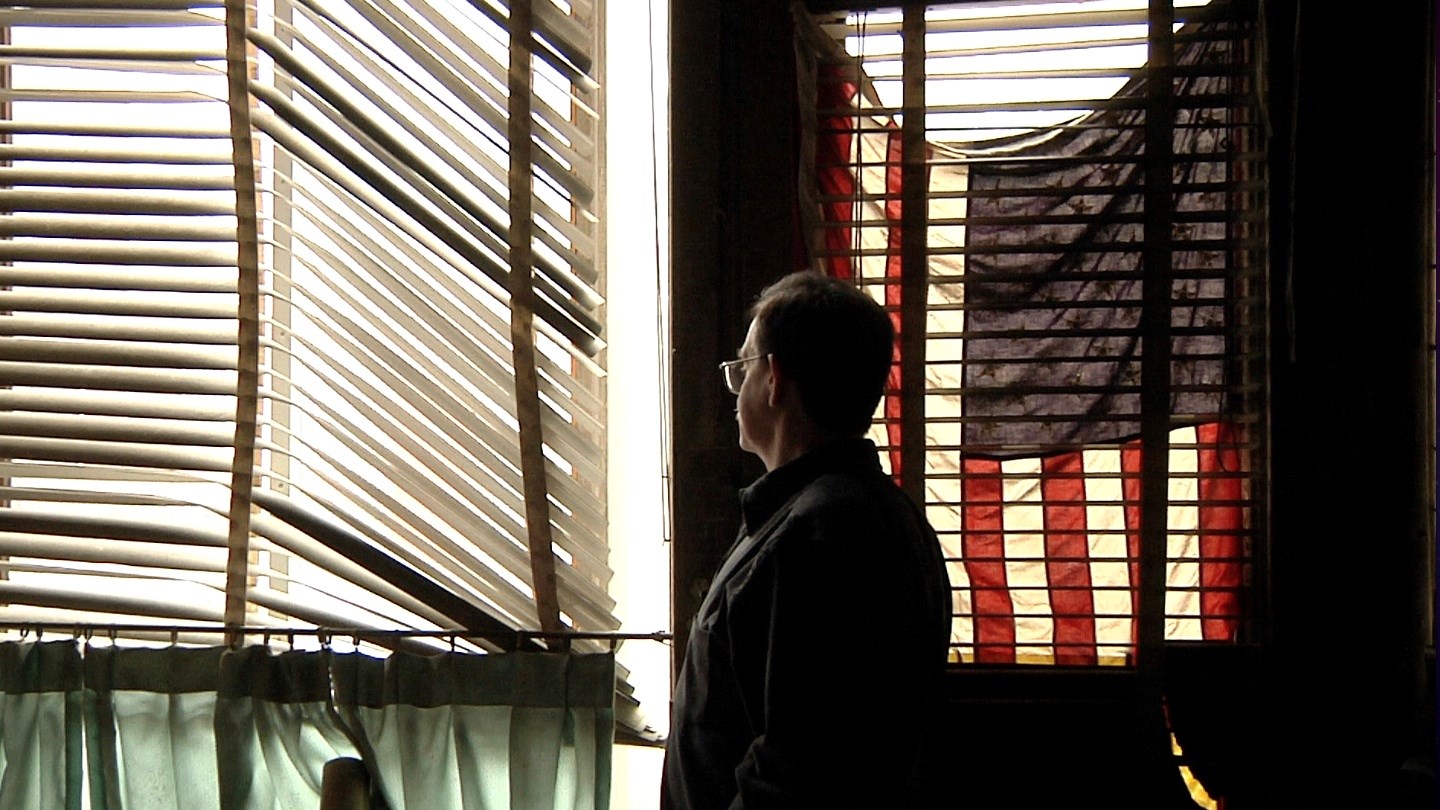
Her next film Malek Means Angel was part of an intercultural exchange program between Denmark and the Arab world titled 'One (wo)man, One camera, One month' permitting a filmmaker one month to shoot a film single-handedly. Up for adventure again, she flew to North Africa with nothing but a return ticket and her equipment tucked in a carry-on.
Lea tells us about her time working on the film:
"I moved in with a local family, family Boukhari, who opened their arms and their home to me. With a tip from mother Latifa, I stumbled upon a fencing team in a worn-down basement in a working-class neighborhood of Tunis. Here I found Malek - and let myself journey into a world of girls, fencing and arabic love songs for the next 5 months, until the film was cut and ready to screen."
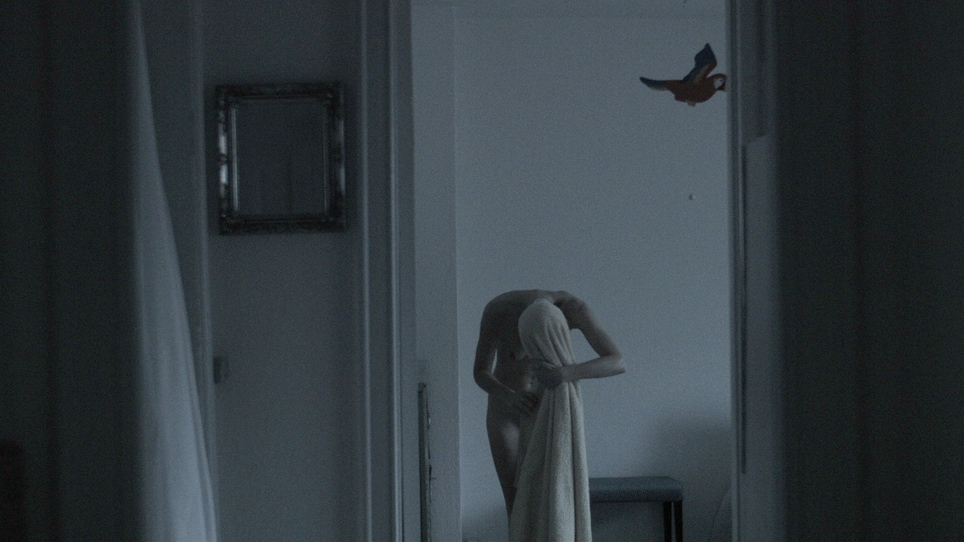
About having filmed in some of the more challenging places with considerable risk of safety, Lea says:
"The adventure is what drives me. I feed from traveling, meeting new people, cultures and habits. I'm an explorer at heart and I always meet people with an open face. I've learned that trusting strangers can enrich your life tremendously."
"I'm an explorer at heart and I always meet people with an open face. I've learned that trusting strangers can enrich your life tremendously."
Malek Means Angel went on to premiere at the world's leading festival for documentaries; IDFA in Amsterdam. It has been widely celebrated at festivals around the world and has won numerous awards.
Lea's graduation film Øde Ø (My Desert Island) was broadcast nationally in Denmark in June when it came out and was, very unexpectedly she says, selected as nominee for a Robert Award, selected by the Danish Film Academy. She's currently working on her first film after leaving the National Film School together with producer Sara Stockmann of Sonntag Pictures, which is currently in development with support from the Danish Film Institute.
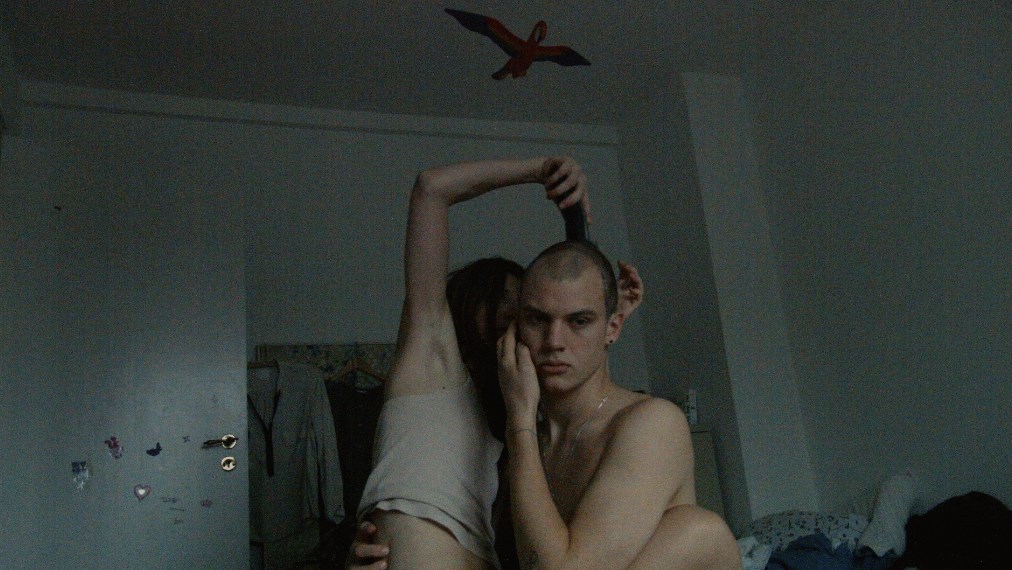
Lea gave us some insights into what fuels her as a director:
"I'm a very hands on filmmaker, I'm involved in everything from writing and conceptualising, to the actual production. I love digging into every little detail to actually explore and to test out and to turn around and to try different ways. But in order to not work the life out of it, I need the part that challenges that desire to control. This is what fascinates me about documentary – you never know what comes next".
“I define myself as a documentary filmmaker in the sense that my motivation starts in reality. And then my imagination starts playing along. It starts with something that I wasn’t prepared for, or something that I could never have thought out or something that I could never have written."
"The curse and the gift is the uncertainty of documentary, as the stakes grow higher, the risk of failing grows deeper. You don't know if you actually end up with a film until the very last moment. Oftentimes, this requires making uncertainty your friend."

Though early in her career, Lea has made award-winning films on various different continents. Apart from her film in Copenhagen, she's flying back to the U.S. to research a new film later this Spring. But there's one thing that charaterizes them all, she says:
"I always make films about people. The people, they are the film. Without them and their autonomy, I have nothing."
"I always make films about people. The people, they are the film. Without them and their autonomy, I have nothing. I take one step, they take one step, and without their step, there’s no movement. It's like a dance. When people want to dance with you, you're able to make great films."
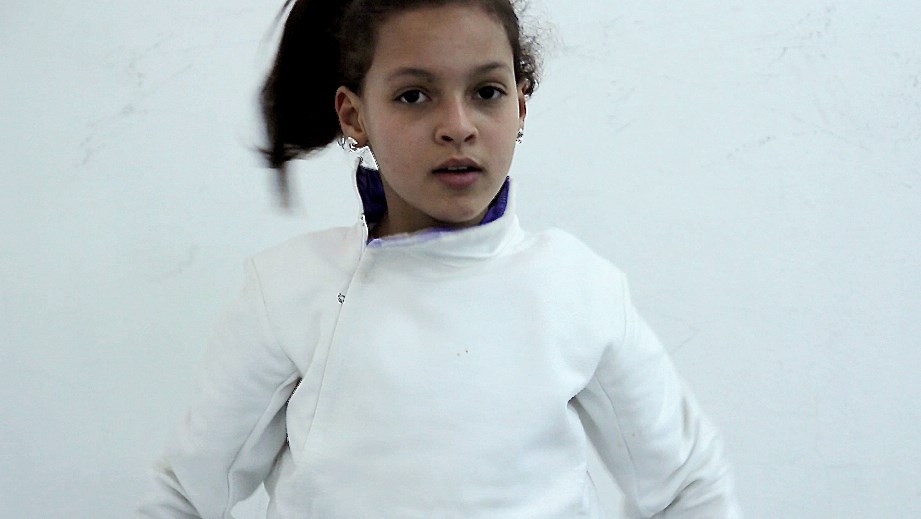
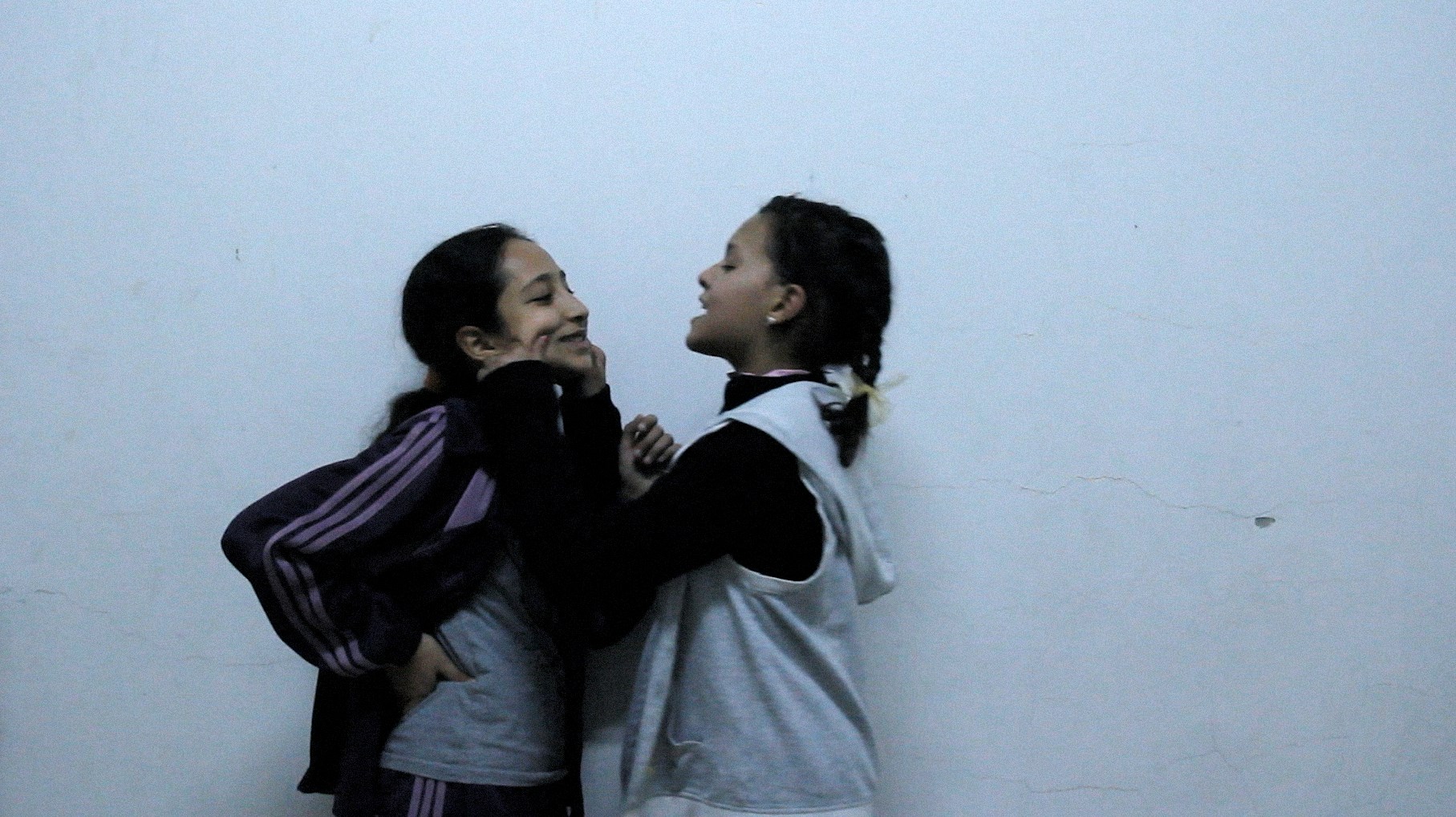
For her portfolio Lea chose our Calico theme. She's used the Spotlight layout to focus on the six films she wants you to see, and has put the rest of her portfolio in a separate Collaborations portfolio. Each of her films is supported by a series of stills that extend the mood and feel of each film, and help to create a feeling of ownership and unity across her entire portfolio. Behind her film work she's included a press section covering recognition for her work, and a short bio.
Seen as a complete collection of her work, her audience are invited to lose themselves in her world; a world that merges her own story with the stories of the people she seeks out and whose stories she wants to share with you.
In closing we'll leave the last word with Lea:
"I aspire to make films where the form is as exciting as the content. Some of life's most poetic moments happens in our daily lives. If narrative film is wrapped with aesthetic care and cinematic ambition, why should it be any different for documentary? At the end of the day, we're communicating through cinema and the film has to move us, in order for an audience to feel something."





